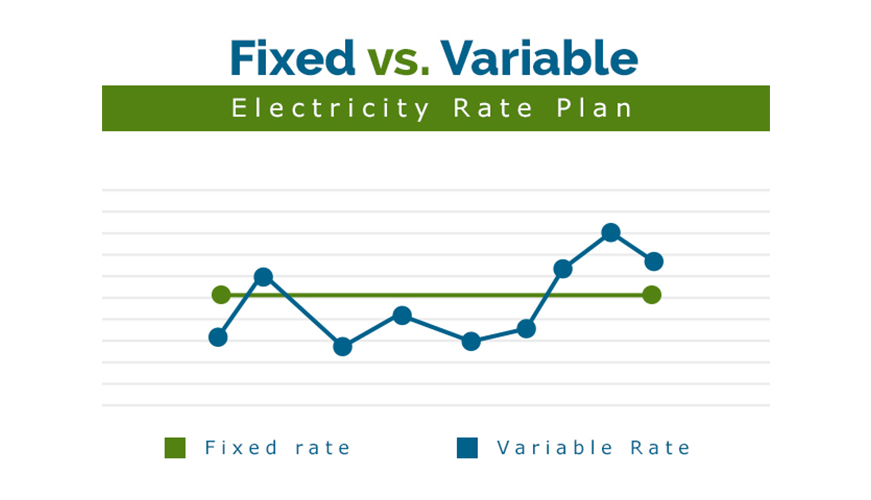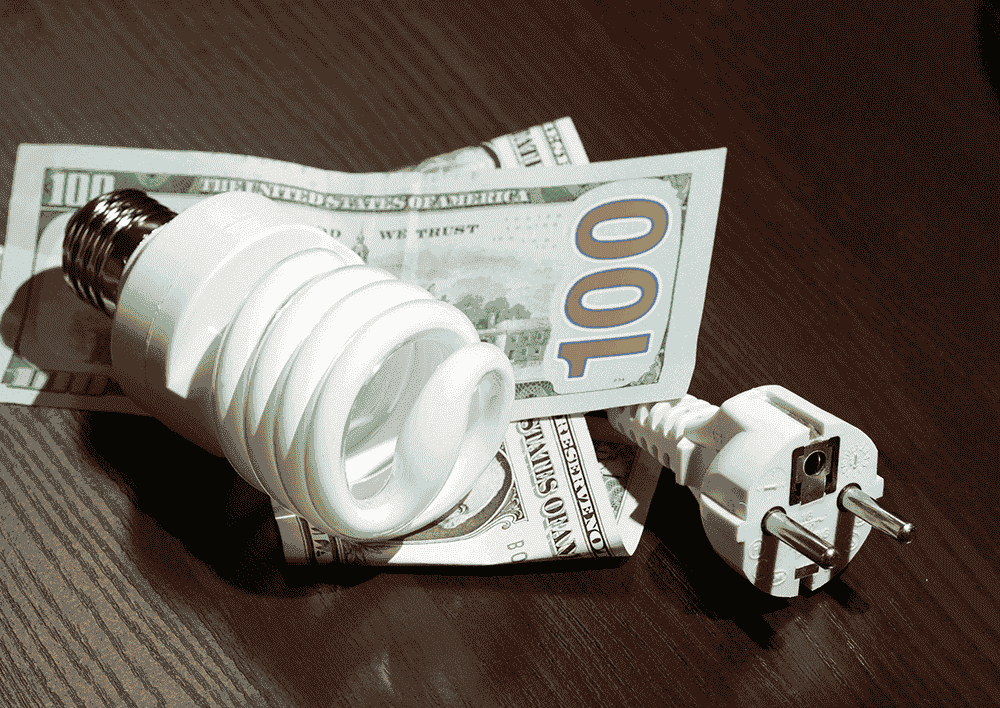Marketing Manager | Posted on | Education
Understanding The Difference Between Fixed Or Variable Rate Energy Tariffs
0
290 Views
Utility consumers can select a dual fuel tariff with fixed or variable energy rates from Utility Bidder. Energy providers use unique names to refer to their energy tariffs which can be confusing for potential customers. All of these energy tariffs fall into either variable or fixed-rate energy tariffs. Let’s check outChoose Energy Texas and take a look at how electricity costs are determined before we explain the difference between fixed and variable-rate energy tariffs.

Understanding Electricity Unit Rates
Energy suppliers use kilowatt-hours (kWh) as the unit measurement for energy. One kilowatt-hour is one kilowatt of power used in an hour. This is the standard unit of power that is commonly used by all energy suppliers.
Energy suppliers provide their rates in pence per kilowatt-hour (p/kWh). The pence per kilowatt-hour is the cost of using one kilowatt of electricity in one hour. The pence per kilowatt-hour rate does not include the daily standing charge of electricity which depends on the region of your residence.
What Is A Fixed Tariff?
A consumer is on a fixed tariff if their electricity rates remain the same throughout the contract. The duration of the contract can be for one year, a year and a half, two years, or three years. Being on a fixed tariff does not mean that you will receive the same bill each month. It means that the pence per kilowatt-hour rate will be the same for each month.
Your monthly electricity bill is calculated by multiplying the number of kilowatts of electricity you have used by the pence per kilowatt-hour rate. Expect to pay a higher amount in the months that you use more electricity and a lower amount in the months that you use less electricity.

What Is A Variable Tariff?
The rates of electricity and gas, for consumers on a variable tariff, can change at any time based on market conditions. Some electricity providers have different rates based on the time of day the electricity is used. For example, electricity might be more expensive in the daytime during peak usage hours in comparison to late-night hours. Some electricity providers go so far as to charge consumers different rates on holidays and special events.
Always know the rates your electricity supplier will charge you for electricity to avoid any surprises on payday. Some electricity suppliers will make you sign a consent form to ensure that you agree to the changes in the rates. Other electricity suppliers might provide you with prior official notice before modifying their rates. Always make sure you are aware of all of the terms and conditions before signing up with a variable energy tariff.
Choosing Between A Fixed And Variable Energy Tariff
Energy suppliers will try to coax you into accepting a variable energy tariff by advertising cheap rates. Remember, on a variable energy tariff, these rates will not last forever. In most cases, the advertised rates are subject to change after the first three months of the beginning of the contract. The standard variable rate tariff (SVR) is always the energy supplier’s most expensive plan.
A fixed tariff gives you the comfort of knowing that your energy prices will remain the same. The only thing you need to worry about is making sure you do not use too much electricity. Saving electricity at home by unplugging appliances can keep your electricity bills down.
